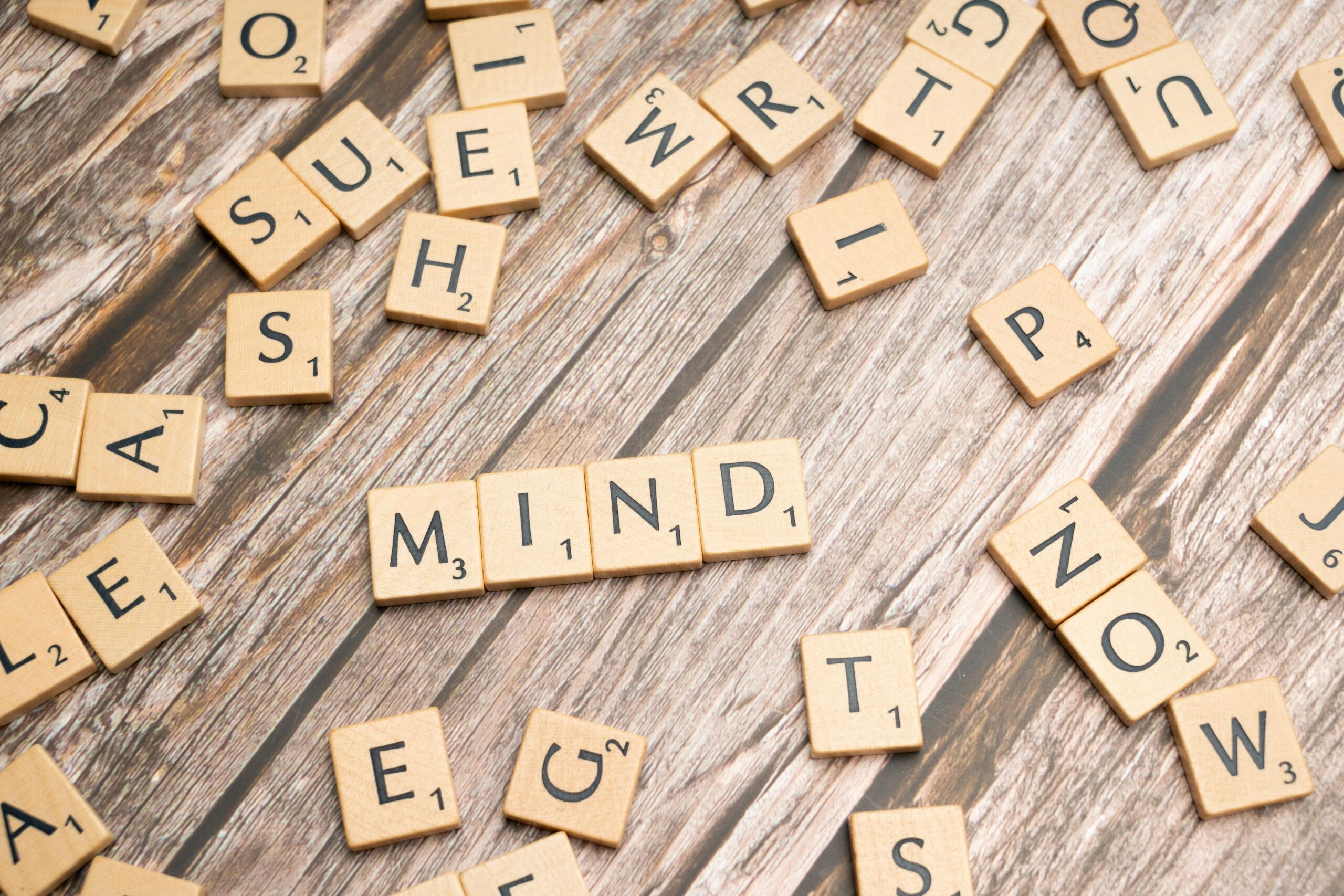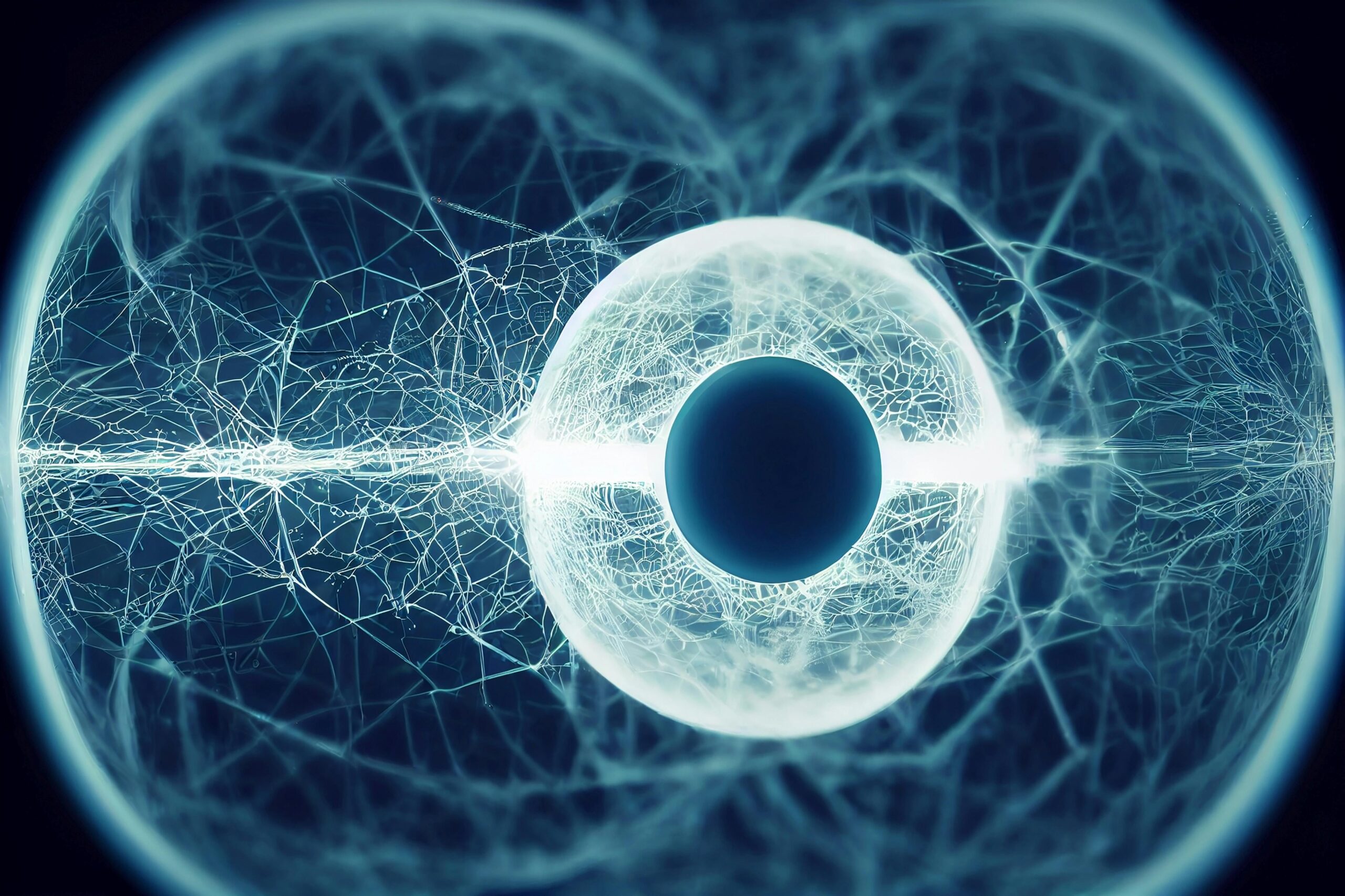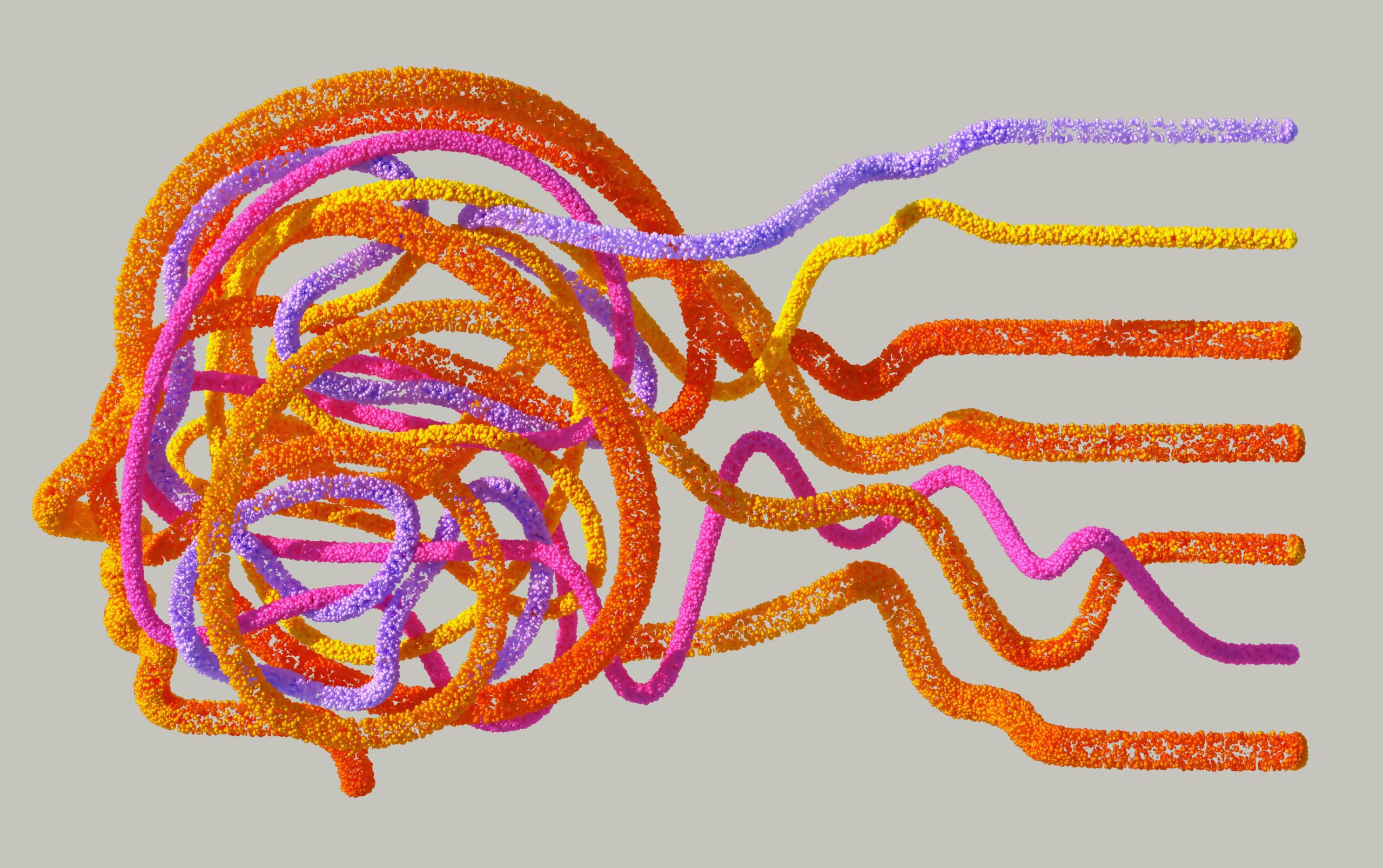The human mind remains one of the most profound mysteries in existence, a complex landscape where thoughts emerge, consciousness unfolds, and moral principles take root. Understanding how we think, perceive reality, and make ethical judgments has captivated philosophers, scientists, and thinkers throughout history.
This exploration into consciousness and morality isn’t merely academic—it touches the very essence of what makes us human. Our ability to reflect on our own existence, to question the nature of right and wrong, and to contemplate the foundations of ethical behavior distinguishes us from other life forms. By examining the intersection of philosophy, consciousness, and moral understanding, we embark on a journey that reveals not only how we think but why we think the way we do, and how these cognitive processes shape the ethical frameworks that govern our societies.
🧠 The Nature of Consciousness: More Than Electrical Impulses
Consciousness represents one of philosophy’s hardest problems. While neuroscience can map brain activity and identify neural correlates of various mental states, the subjective experience—what philosophers call “qualia”—remains elusive. Why does seeing red feel like something? How do electrochemical signals transform into the rich, vivid experience of being alive and aware?
The philosophical tradition offers multiple perspectives on consciousness. Dualists, following René Descartes, argue that mind and body are fundamentally distinct substances. This view suggests consciousness exists independently of physical processes, though this raises questions about how immaterial minds interact with material brains.
Materialists and physicalists counter that consciousness emerges entirely from physical processes. According to this view, mental states are nothing more than brain states. Yet this reductionist approach struggles to explain the subjective, first-person nature of conscious experience—the “what it’s like” quality that defines our inner mental life.
The Emergence Theory and Integrated Information
Contemporary theories propose that consciousness emerges from complex information processing. The Integrated Information Theory (IIT), developed by neuroscientist Giulio Tononi, suggests that consciousness corresponds to the capacity of a system to integrate information. The more integrated and differentiated the information processing, the richer the conscious experience.
This framework bridges philosophical speculation and empirical investigation, offering testable predictions about which systems possess consciousness and to what degree. It suggests that consciousness isn’t an all-or-nothing phenomenon but exists on a spectrum, with implications for understanding not only human awareness but potentially artificial intelligence and animal consciousness as well.
Philosophy’s Historical Quest for Moral Foundations
The question of morality—what makes actions right or wrong—has occupied philosophers since ancient times. Different traditions have proposed various foundations for moral understanding, each reflecting distinct views about human nature, reason, and the structure of reality.
Ancient Greek philosophers like Plato and Aristotle grounded morality in human flourishing and virtue. For Aristotle, ethics wasn’t about following rules but about developing excellent character traits through habit and practice. The virtuous person naturally acts rightly because they’ve cultivated wisdom, courage, temperance, and justice.
Deontology: Duty and Universal Laws
Immanuel Kant revolutionized moral philosophy by proposing that morality derives from reason itself. His categorical imperative demands that we act only according to maxims we could will to become universal laws. This deontological approach grounds morality in duty and rational consistency rather than consequences or virtues.
Kant’s framework emphasizes human autonomy and dignity. We possess inherent worth not because of our talents or achievements but because we’re rational agents capable of self-legislation. This insight has profoundly influenced human rights discourse and contemporary ethical theory.
Consequentialism and the Greatest Good
Utilitarian philosophers like Jeremy Bentham and John Stuart Mill took a different approach, arguing that actions are right insofar as they promote happiness or pleasure and minimize suffering. This consequentialist framework evaluates morality based on outcomes rather than intentions or character.
Utilitarianism offers an intuitive moral calculus—more happiness is better than less—but faces challenges in application. How do we measure and compare different types of pleasure? Can we justify harming individuals if doing so maximizes overall welfare? These questions continue to animate moral philosophy today.
🔗 The Consciousness-Morality Connection
The relationship between consciousness and moral understanding runs deeper than many realize. Our capacity for moral reasoning depends fundamentally on conscious awareness. Without consciousness, concepts like intention, responsibility, and empathy become meaningless.
Consider moral responsibility. We hold people accountable for their actions based on the assumption that they consciously chose those actions. If someone acts while sleepwalking or under severe delusion, we typically diminish their culpability. This reveals how moral evaluation presupposes conscious agency.
Empathy and the Mirror of Consciousness
Empathy—our ability to understand and share others’ feelings—represents a crucial bridge between consciousness and morality. Through empathy, we extend our conscious awareness to encompass others’ subjective experiences. We recognize that their pains, joys, and struggles feel as real to them as ours do to us.
This recognition forms the experiential basis for moral consideration. Philosophical arguments for extending moral status to animals, for instance, often appeal to their capacity for suffering—their possession of conscious experience that makes their welfare matter morally.
Neuroscience has identified mirror neurons that activate both when we perform actions and when we observe others performing them. This neural mirroring may provide the biological substrate for empathy, suggesting that our brains are wired to blur the boundaries between self and other at a fundamental level.
Cognitive Science and Moral Psychology
Recent decades have witnessed an explosion of empirical research into moral cognition. Cognitive scientists and experimental philosophers investigate how people actually make moral judgments, revealing surprising patterns that challenge traditional philosophical assumptions.
Research by psychologists like Jonathan Haidt suggests that moral judgments often occur through fast, intuitive processes rather than deliberate reasoning. We feel that something is wrong, then construct rational justifications post hoc. This challenges the Enlightenment view that reason governs morality, suggesting emotion and intuition play larger roles than philosophers traditionally acknowledged.
The Trolley Problem and Moral Intuitions
The famous trolley dilemma illustrates how our moral intuitions can conflict. Most people say it’s permissible to divert a runaway trolley from five people onto a track where it will kill one person. Yet they typically judge it wrong to push a large person off a bridge to stop the trolley, even though the consequences are identical—one dies to save five.
Neuroscience studies reveal that these scenarios activate different brain regions. The diversion case engages areas associated with cognitive reasoning, while the push scenario activates emotional processing centers. This suggests our moral psychology involves multiple systems that can produce conflicting judgments.
⚖️ Moral Foundations Theory: Mapping the Ethical Landscape
Moral Foundations Theory, developed by Haidt and colleagues, proposes that human moral psychology is built on several innate foundations that evolved to solve different adaptive challenges:
- Care/Harm: Sensitivity to suffering and the need to protect vulnerable individuals
- Fairness/Cheating: Concern with justice, reciprocity, and proportionality
- Loyalty/Betrayal: Valuing group cohesion and trustworthiness
- Authority/Subversion: Respect for social hierarchy and tradition
- Sanctity/Degradation: Concern with purity and the sacred
- Liberty/Oppression: Resentment toward domination and restriction of freedom
Different cultures and political orientations emphasize these foundations differently. Progressive moralities typically prioritize care and fairness, while conservative moralities weight all foundations more equally. This framework helps explain moral disagreements as arising from different weightings of genuinely moral concerns rather than ignorance or malice.
Free Will: The Linchpin of Moral Responsibility
Few philosophical questions bear more directly on moral understanding than free will. If our actions are determined by prior causes—genetics, upbringing, brain chemistry—can we be truly responsible for them? Conversely, if our choices are random rather than determined, how does that make them “ours” in any meaningful sense?
Libertarians about free will argue that genuine agency requires indeterminism—that at least some of our choices aren’t predetermined by prior states. This view faces the challenge of explaining how indeterministic events count as genuine decisions rather than random occurrences.
Compatibilism: Reconciling Freedom and Determinism
Compatibilists offer a middle path, arguing that free will is compatible with determinism. What matters for moral responsibility isn’t whether our actions are determined but whether they flow from our own desires, values, and rational deliberation. A person acts freely when they do what they want without external coercion, regardless of whether their wants are themselves determined.
This view preserves moral responsibility while acknowledging that our choices have causes. It suggests that the real threat to freedom isn’t determinism but constraints that prevent us from acting on our genuine values and preferences.
🌍 Cultural Variations in Moral Consciousness
While some moral principles appear universal—prohibitions against unprovoked harm, for instance—cultural anthropology reveals significant variation in moral understanding across societies. These differences challenge claims about universal moral truths while raising questions about how culture shapes moral consciousness.
Western societies tend toward individualistic moral frameworks that emphasize personal rights and autonomy. Many non-Western cultures adopt more collectivist approaches that prioritize group harmony, social roles, and obligations to family and community. These aren’t merely different applications of the same principles but reflect genuinely different conceptions of what morality fundamentally concerns.
Moral Relativism Versus Moral Universalism
This cultural diversity fuels debates between moral relativists and universalists. Relativists argue that moral truths are culturally constructed and vary between societies. No objective standpoint exists from which to judge one culture’s morality superior to another’s.
Universalists counter that some moral principles transcend cultural boundaries. The wrongness of torture, slavery, and genocide doesn’t become right simply because a culture endorses these practices. They point to cross-cultural convergence on certain values and argue that moral progress is possible only if objective standards exist.
Artificial Intelligence and Machine Consciousness
Advances in artificial intelligence raise profound questions at the intersection of consciousness, philosophy, and morality. As AI systems become more sophisticated, we face unprecedented ethical challenges: Could machines become conscious? If so, would they deserve moral consideration? Can AI systems be programmed to make moral decisions, and should they be?
Current AI lacks the integrated information processing that theories like IIT associate with consciousness. Machine learning systems, however impressive their outputs, operate through statistical pattern matching without genuine understanding or subjective experience—or so most philosophers and scientists believe.
The Moral Status of Future AI
If artificial consciousness becomes possible, our ethical frameworks will need expansion. A conscious AI that can suffer would have interests worthy of moral consideration. Yet determining whether a machine truly experiences consciousness rather than merely simulating it presents profound epistemological challenges.
These questions aren’t merely speculative. They have practical implications for how we develop and deploy AI systems, particularly in domains like autonomous weapons, healthcare, and criminal justice, where algorithmic decisions profoundly impact human welfare.
🔮 Neuroscience and the Future of Moral Understanding
Neuroscience continues revealing the biological mechanisms underlying moral judgment and conscious experience. Functional MRI studies show which brain regions activate during moral deliberation. Lesion studies demonstrate how damage to specific areas—like the ventromedial prefrontal cortex—alters moral reasoning.
These discoveries raise challenging questions. If moral judgments result from neurobiological processes, does this undermine their authority? Some worry that explaining morality scientifically will debunk it, revealing moral values as mere products of evolution rather than objective truths.
Others argue that understanding the biological basis of morality enhances rather than threatens it. Knowing how moral consciousness works helps us identify and correct biases, improve moral education, and design social institutions that support ethical behavior. Science describes how we make moral judgments; philosophy evaluates whether those judgments are justified.
Integrating the Pieces: Toward a Unified Understanding
The intersection of philosophy, consciousness, and moral understanding reveals how deeply interconnected these domains are. Consciousness provides the subjective dimension that makes moral considerations meaningful. Philosophical reflection clarifies the principles underlying moral judgment. Empirical investigation reveals the psychological and neurobiological mechanisms that implement these capacities.
A comprehensive understanding requires integrating insights from multiple disciplines. Philosophy offers conceptual clarity and normative guidance. Neuroscience and psychology reveal how moral cognition actually works. Anthropology demonstrates cultural variation while potentially identifying universal principles. Together, these perspectives illuminate the foundations of moral understanding more fully than any single approach alone.
💡 Practical Implications for Living Ethically
These abstract philosophical questions have concrete implications for how we live. Understanding that moral judgments often arise from intuition rather than pure reason suggests we should be humble about our ethical certainties and open to perspectives that challenge our assumptions.
Recognizing that empathy and perspective-taking enhance moral consideration suggests practices for ethical development. Meditation, diverse relationships, and immersion in literature and art can expand our moral horizons by deepening our understanding of others’ conscious experiences.
Awareness of cognitive biases that distort moral judgment—in-group favoritism, temporal discounting, scope insensitivity—empowers us to correct these distortions. We can design decision-making procedures that counteract our limitations, making choices that better reflect our considered values.

The Continuing Journey of Moral Discovery
The exploration of consciousness and moral foundations remains incomplete. Each answer generates new questions. As technology advances, as cultures evolve, and as our self-understanding deepens, we continually revise our conceptions of mind and morality.
This ongoing inquiry isn’t weakness but strength. It reflects our capacity for self-reflection and improvement—distinctively human traits that themselves deserve celebration. By remaining curious about the mind’s operations and morality’s foundations, we honor both our intellectual heritage and our responsibility to future generations.
The intersection of philosophy, consciousness, and moral understanding ultimately reveals what it means to be human: to possess subjective experience, to grapple with questions of right and wrong, and to continually strive for deeper understanding of ourselves and our place in the cosmos. This quest for knowledge, pursued with rigor and humility, represents perhaps our highest calling—unlocking the mind to illuminate the moral landscape we all navigate together.
Toni Santos is a cognitive storyteller and cultural researcher dedicated to exploring how memory, ritual, and neural imagination shape human experience. Through the lens of neuroscience and symbolic history, Toni investigates how thought patterns, ancestral practices, and sensory knowledge reveal the mind’s creative evolution. Fascinated by the parallels between ancient rituals and modern neural science, Toni’s work bridges data and myth, exploring how the human brain encodes meaning, emotion, and transformation. His approach connects cognitive research with philosophy, anthropology, and narrative art. Combining neuroaesthetics, ethical reflection, and cultural storytelling, he studies how creativity and cognition intertwine — and how science and spirituality often meet within the same human impulse to understand and transcend. His work is a tribute to: The intricate relationship between consciousness and culture The dialogue between ancient wisdom and neural science The enduring pursuit of meaning within the human mind Whether you are drawn to neuroscience, philosophy, or the poetic architecture of thought, Toni invites you to explore the landscapes of the mind — where knowledge, memory, and imagination converge.




